For Authors
When it comes to storytelling, nothing hooks readers faster than a character who feels real. And despite being buried under a pile of negative pre-release hype, Marvel’s Ironheart proves this point beautifully. Instead of presenting a flawless heroine, the series leans into their arrogance, mistakes, and bad decisions, letting those flaws drive the story. The result is a character arc that’s engaging, relatable, and far more powerful than the “perfect heroine” trope we too often see.
For self-published authors, this a crucial reminder that readers prefer growth over perfection. In today’s blog, Ginger explores how the writers behind the Ironheart show achieved this, and how we can add these same elements to heroes and heroines of our own. Because giving your characters space to be messy and fail is the single best way to create stories that connect with your audience.
I really enjoy the Marvel superhero movies and films, but I’ll admit I’m as much a victim of franchise fatigue as everybody else. I used to be first in line at the cinema to see every new Avengers movie, but now I’m kind of take-it-or-leave it, and there are some shows I’ve skipped entirely (like Moon Knight.)
Just recently, I found time to watch Ironheart, a Disney+ show based on the comics about teenage genius Riri Williams. I was weeks late to the party, in part due to the fact that I kept seeing all sorts of videos on YouTube talking about how terrible the show was. When I watched it for myself, however, I learned that the opposite was true—it was one of the best things Marvel had put out in years. I kicked myself for having left watching it for so long.
But that, at least, inspired me to think about the lessons we writers can learn from Ironheart. As self-published authors, we’re no strangers to the challenges of getting our stories heard amid the noise of online discourse. Female-led narratives, in particular, seem to always be fighting an uphill battle in popular culture.
Before a new show even drops, YouTube is often flooded with videos from haters decrying them as “woke” pandering. Take Marvel’s recent slate: Ironheart, She-Hulk, and Ms. Marvel all faced pre-release backlash, with neckbearded YouTube creators accusing the shows of forcing diversity down viewers’ throats and other sins committed in the name of political correctness.
The worst part? I watched these videos, adding to their popularity and giving the creators reasons to make even more of them. I started to wonder if these videos only racked up views by stoking division—with titles like “Why Ironheart Will RUIN Marvel” or “She-Hulk: Another Woke Disaster?” dominating the algorithms by triggering engagement. Perhaps the people who made these videos didn’t even believe what they said in them, they only criticized these shows pre-release to get those sweet, sweet clicks.
But that kind of approach has consequences. Speaking first hand, I’ll admit that the online vitriol made me delay watching Ironheart for weeks after it first premiered on Disney+ in June. I figured all this hate must come from somewhere, right? There’s no smoke without fire…
…but when I finally tuned in, I was blown away. Brilliantly written, with sharp dialogue, high stakes, and genuine heart, Ironheart soon became one of my favorite Marvel releases in years, proving that even great storytelling struggles to cut through the hate.
If you haven’t seen the show yet, I highly recommend it. For those unfamiliar, Ironheart follows Riri Williams, a teenage genius inventor who steps into the superhero world with her own high-tech armor. The character’s roots trace back to the comics, where she was created by writer Brian Michael Bendis and artist Mike Deodato Jr. in 2016’s Invincible Iron Man series.
Riri, a brilliant MIT student from Chicago, reverse-engineers Tony Stark’s Iron Man suit in her dorm room, becoming the hero Ironheart. She’s a fresh take on the tech-savvy legacy, emphasizing innovation and resilience in a post-Stark world. The Disney+ series, a six-episode miniseries that premiered on June 24, stars Dominique Thorne as Riri, reprising her role from Black Panther: Wakanda Forever.
Showrunner and head writer Chinaka Hodge led the creative team, with episodes directed by Sam Bailey and Angela Barnes, making the key behind-the-scenes roles predominantly filled by women. This female-driven perspective shines through, delivering a story that’s authentic, layered, and unapologetically bold—but also making the show the target of criticism before it had even hit the airwaves.
But while much of the pre-release criticism reeks of sexism (YouTubers exploiting divisiveness for clicks and engagement), I believe there’s at least a kernel of valid critique in how some female-led fiction has been handled in recent years, especially by companies like Disney.
The “strong female character” trope frequently falls flat. Instead of flawed-but-heroic characters like arrogant Tony Stark or ex-con Ant Man, many female-led films and shows present their female leads as flawless badasses, which ultimately robs them of any depth or conflict.
A prime example is the 2019 Captain Marvel film. Carol Danvers starts the movie as a cool, powerful pilot and ends… pretty much exactly the same! Events happen around her—amnesia, alien wars, empowerment montages—but she undergoes little personal growth as she experiences them all. She’s reactive, not transformative, which leaves her feeling one-dimensional.
As self-published authors, we can see this in our own genres, too. I can’t tell you how many times I have read about an invincible heroine who conquers all without breaking a sweat. It’s empowering on paper, but it rings hollow because characters like that avoid the messiness of the real human experience.
I suspect this stems from squeamishness. Well-intentioned authors and overly-sensitive corporations like Disney pay lip-service to championing diversity, pushing female-led stories to broaden appeal and boost representation.
However, these same creators hesitate to portray their female leads as flawed humans who screw up. I think part of it is just how society treats men and women differently. We can embrace flaws in male characters, but writers grow concerned that women with flaws will alienate audiences.
It’s a tightrope: Make your female lead too perfect, and she’s unrelatable. Give her real edges, and critics complain that she’s “unlikable.” However, finding the right balance is where the magic happens, as demonstrated by Ironheart.
It’s the old chestnut of a man being viewed as “assertive” whereas a woman who acts the same way is labelled “bossy” or “controlling.” Male characters get a free pass for their flaws, such as Tony Stark’s arrogance, alcoholism, and ego in the Iron Man films. He’s an asshole, but we root for him because his redemption arc feels earned. Female characters? They’re often crucified for similar traits, labeled “bitchy” or “annoying.” This double standard stifles creativity, but Ironheart breaks the mold by embracing Riri’s imperfections head-on.
That’s what I think makes Ironheart‘s writing so masterful, and a goldmine of lessons for self-published authors.
Riri as a character mirrors Tony Stark’s blueprint while subverting expectations. Riri isn’t a polished prodigy, she’s a brilliant but arrogant, rebellious teen, echoing Stark’s playboy genius vibe.
She idolizes Tony Stark, building her suit in secret to honor him, and yet it’s the traits she has in common which Iron Man that end up causing the conflicts and driving the plot.
Within minutes of the series opener, she’s already humbled—expelled from MIT for hacking the school’s systems and selling tech on the black market. What’s unique about this compared to other female-led shows and films is that all of these mistakes are entirely of Riri’s own making. She screwed up and bad things happened, instead of bad things happening and Riri merely reacting to them.
It’s a great start to the series. Forced back to Chicago in disgrace, broke but defiant, Riri doubles down on her ambition. She turns to crime, partnering with shady figures like Parker Robbins (The Hood, played by Anthony Ramos) to fund her research.
She makes bad decisions and it’s satisfying to see them have disastrous consequences. Her actions endanger her family, lead to the death of an accomplice, and result in an innocent man being framed and imprisoned for murder. There’s no quick fix. Riri’s bad choices keep piling up, creating a web of consequences that feels inescapable.
This setup is narrative genius. As viewers, we’re hooked because we genuinely don’t know how Riri will claw her way out: the core of any great adventure story. Self-published authors should take note!
Ironheart demonstrates how real tension thrives on uncertainty. In genres like fantasy or sci-fi, which are often popular with self-published authors, it’s tempting to make our protagonists overpowered saviors.
Instead, Ironheart shows that real stakes come from vulnerability. Riri’s story arc forces her to confront her arrogance, make gut-wrenching decisions (like a deal with the devilish Mephisto in the finale), and ultimately make sacrifices in her search for redemption.
By letting her fail so spectacularly, the writers of Ironheart do what the people behind Captain Marvel failed to. They make her triumphs meaningful.
Riri Williams isn’t just “strong”—she’s resilient, growing from a self-absorbed inventor into a hero who values community and accountability.
Compare it directly to Captain Marvel’s storyline and you’ll see what I mean. Carol Danver’s journey was more about rediscovering her power than earning it by overcoming her flaws. She’s relatable in moments, but the film shies away from letting Carol make truly regrettable choices.
Ironheart‘s writers, unburdened by that fear, crafted a character who’s messy, human, and incredibly relatable. Riri snaps at her mom, alienates her friends, and risks everything for her dreams. Behaviors that many writers might fear would make her an “unlikable lead.”
Yet, because Riri’s flaws drive the plot and her growth, she’s infinitely more engaging and relatable. I went into the show expecting to hate Riri Williams. I finished it with her as one of my favorite new characters.
For us indies, this is key: Flawed characters invite empathy.
In romance, thrillers, or YA—staples of self-publishing—readers connect with protagonists who mirror real-life struggles.
Riri’s rebellion feels authentic. Her victories feel earned. These combine to make her a standout character in the MCU.
Moreover, Ironheart highlights how gender-blind principles elevate storytelling. While the show tackles themes like Black excellence, systemic barriers, and innovation in underserved communities, its success lies in the universal elements of storytelling: hubris leading to downfall, the weight of difficult choices, and the path to redemption.
Riri’s eventual deal with Mephisto, for instance, echoes classic Faustian bargains, adding layers of moral ambiguity. As self-published authors, we can apply this to our own characters.
Want a compelling arc? Let your heroes err grievously. Betray a loved one, chase ambition blindly, face isolation, or get caught in their own web of lies.
Then, force them to make hard decisions. Sacrifice power for family? Ally with villains for survival? These dilemmas create emotional investment, and keep the readers turning pages compulsively.
In a landscape where female-led stories face uneven scrutiny, Ironheart proves that bold, flawed writing always wins out. It sidesteps the modern “perfect heroine” trap, delivering a series that’s fun, action-packed, and profoundly human.
For self-published authors navigating algorithms and reviews, the lesson is clear. When you craft your stories, prioritize depth over polish. Embrace your characters’ mistakes and let them become the engine that drives your plot forward. Redemption is always a satisfying conclusion to a story, especially when it feels earned.
So, whether your lead is male, female, or non-binary, crafting compelling characters transcends gender. The heroes we want to read about are defined instead by their humanity.
But that’s just my take on it. What do you think? Have you seen Ironheart yet? Have you drawn inspiration from other MCU shows for your writing? Let me know your opinion in the comments section below.


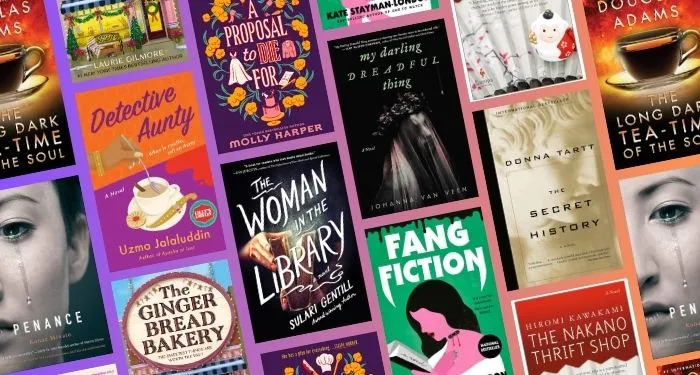
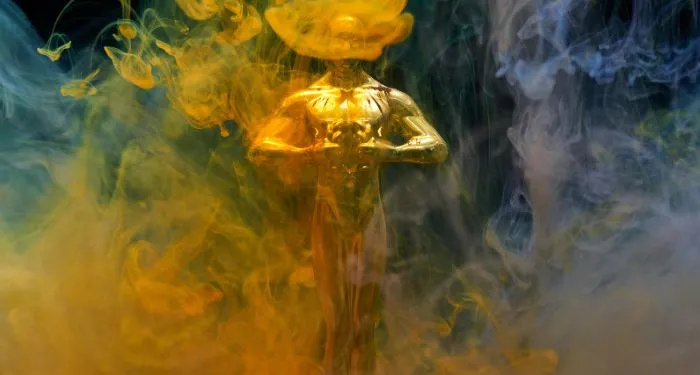
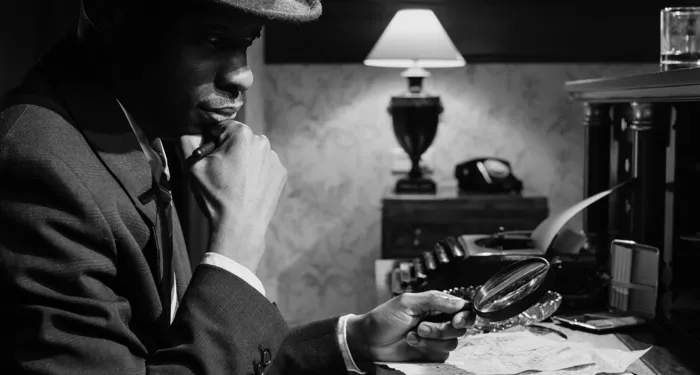
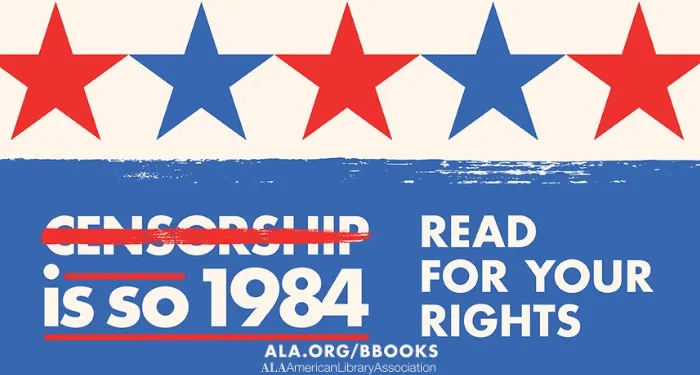






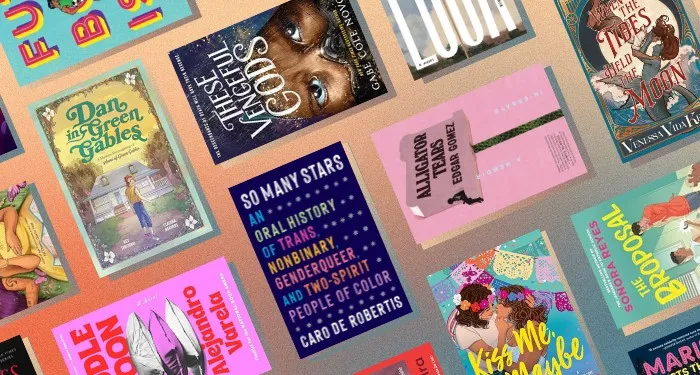






 English (US) ·
English (US) ·